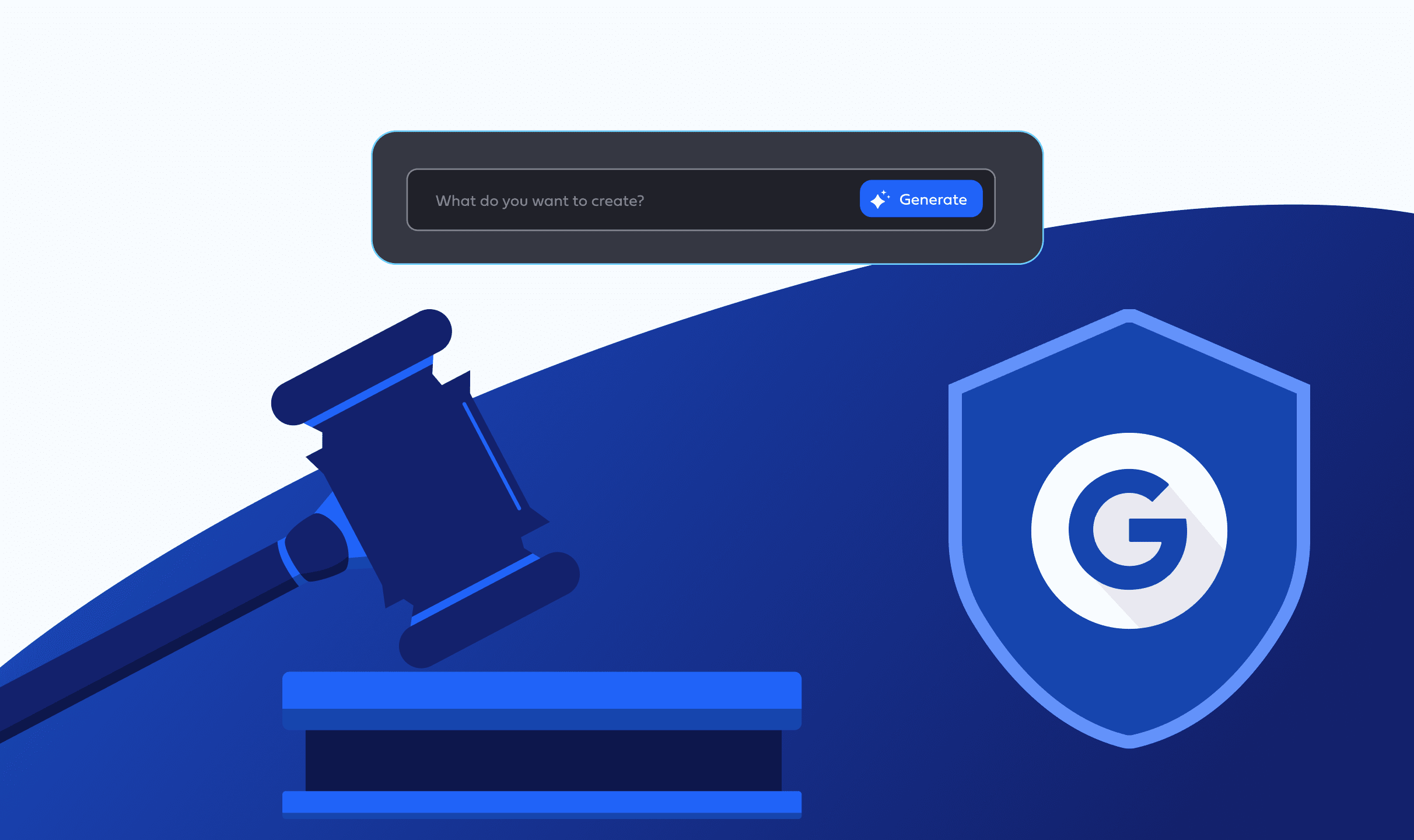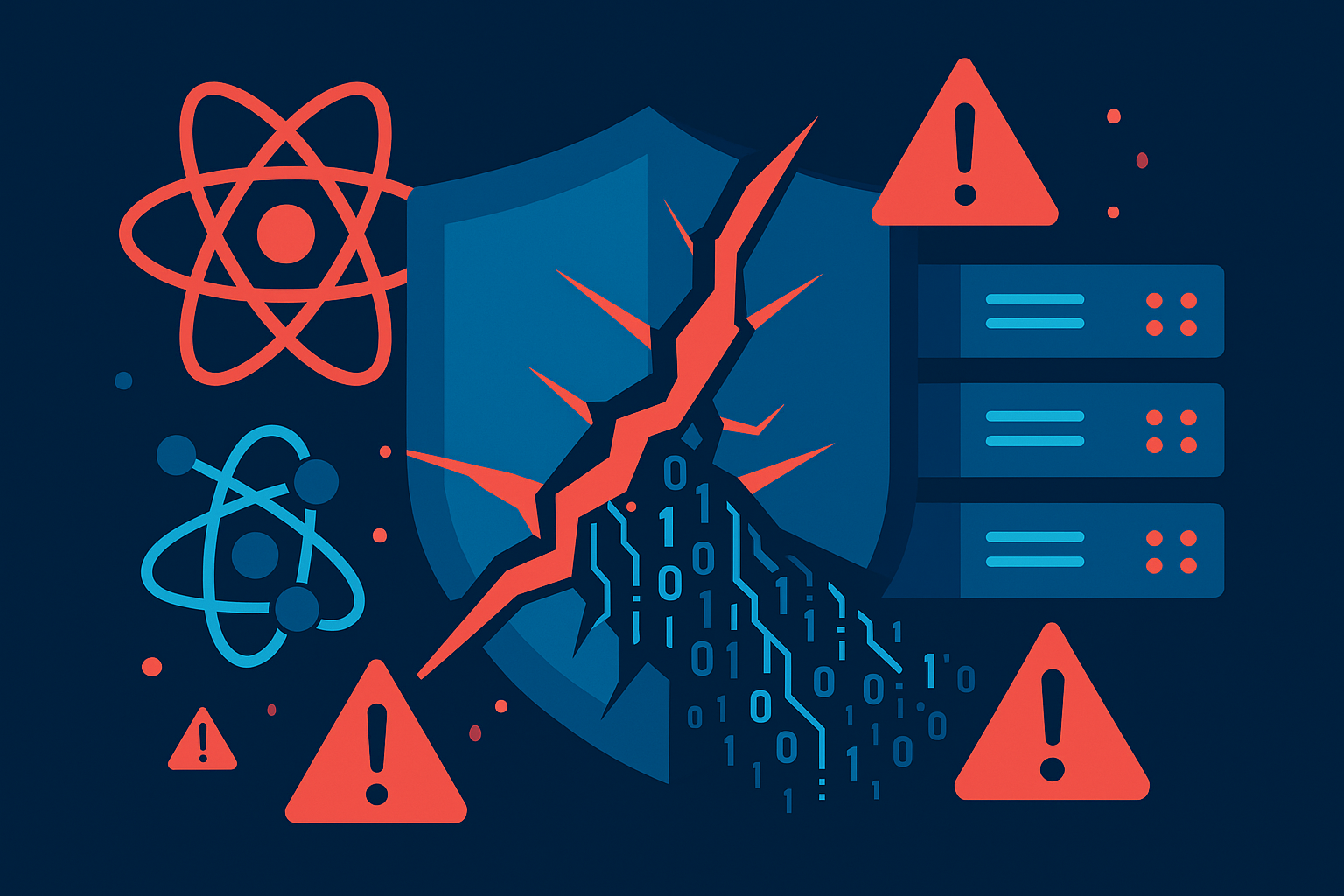Google to defend generative AI users from copyright claims

Google to defend generative AI users from copyright claims
Google’s Defense of Generative AI Users: An Indemnification Not Grounded in Goodwill
Google recently announced its decision to indemnify users of generative artificial intelligence systems against intellectual property violation claims. It is imperative, however, to understand that this decision emerges not from goodwill but from the recognition that AI-generated works do not infringe copyright laws.
Google’s pledge proffers a shield to the users of its Google Cloud and Workspace platforms, aligning itself with other tech leaders such as Microsoft and Adobe who have affirmed similar commitments. An apt analogy is if I said I’d protect you from Mike Tyson but I know that Mike Tyson is so stoned that he doesn’t have any teeth left. I of course kid, Mike Tyson would still mess you up… Kidding aside, copyright law doesn’t have any teeth when it comes to generative AI.
Generative AI & Intellectual Property Battles
Leading technology corporations, Google included, have been increasingly relying on generative AI, incorporating these advanced systems into their product offerings. However, this has invited several lawsuits from copyright owners who argue that the use of their works to train AI systems and the content produced by these systems infringes their rights.
Google’s two-pronged approach to indemnity covers both these areas of concern; it is a first in the industry, according to the company spokesperson.
Applicability of Indemnity
This new policy from Google applies to its suite of software, notably its Vertex AI development platform and Duet AI system. Both these programs generate text and images in Google Workspace and Cloud programs. Their AI chatbot program Bard, however, was not mentioned in this context.
It is noteworthy that the indemnity will not apply if users intentionally make or utilize the AI-generated output to infringe others’ rights.
Alternative to Google’s Shallow Offer
Use a private AI service like FruGPT. Create your own AI models to protect your data and prevent IP leakage.
Legal Claims & Google’s Stance
The burgeoning legal tussles over generative AI focus mainly on the companies owning these systems, including Google, rather than individual end users. Employing internet-scraped data for system training is defended as fair use under U.S. copyright law, according to the AI defendants.
Google’s indemnity offer is an insightful step in this direction. Despite the appearance, it is rooted in the clarity of AI’s non-violation of copyright laws rather than being a manifestation of goodwill. Technology companies are constantly grappling to integrate AI into their products, and such indemnities offer a steadying hand in this competitive race. It is clear that Google’s stand serves both a strategic purpose and a reassurance to AI system users that their usage of generative AI programs stands on the right side of copyright laws.




